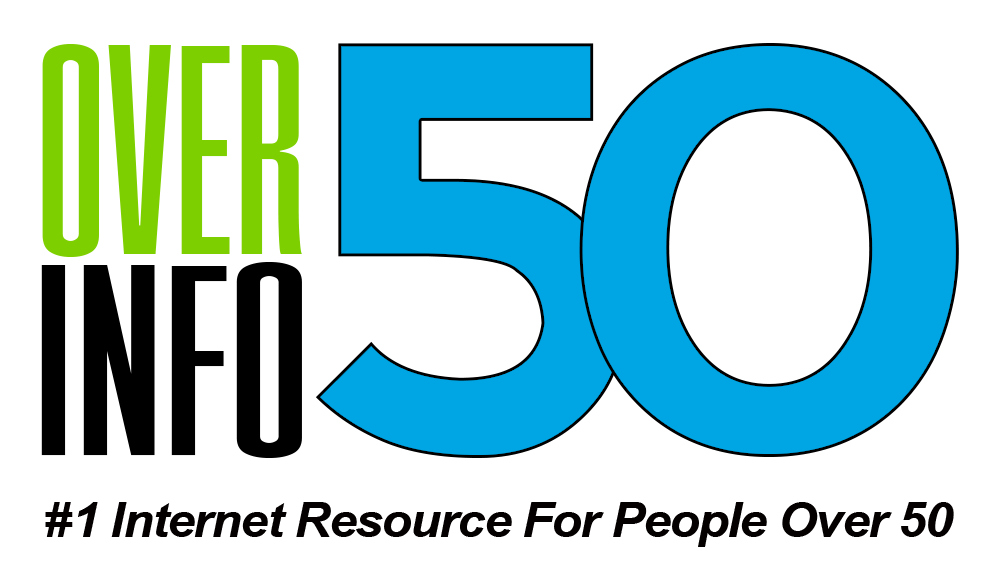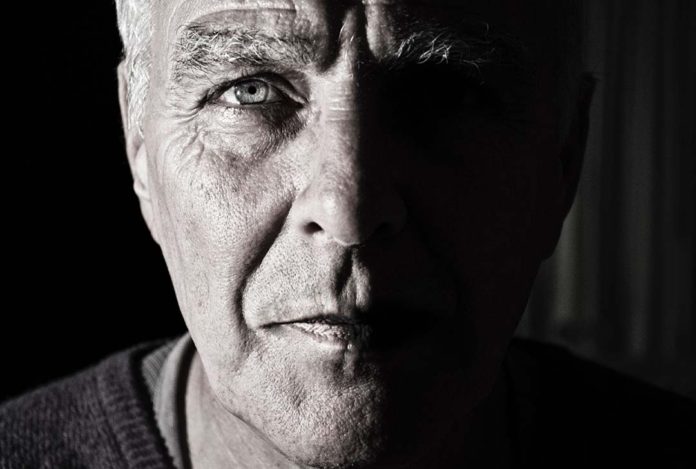According to the World Health Organization, approximately 15 – 20% of adults over 60 suffer from a mental disorder. During the age where seniors could also be experiencing a physical health issue, having a mental health issue can be doubly difficult.
The two most common mental health issues we face as we grow older are depression and dementia.Depression
Depression
Depression is both a common, and a serious medical issue that negatively affects how you feel, the way you think and how you act. It often causes sad feelings and loss of interest in things once enjoyed.
What Is Depression?
The American Psychiatric Association lists the following symptoms of depression:
- Feeling sad or having a depressed mood
- Loss of interest or pleasure in activities once enjoyed
- Changes in appetite – weight loss or gain unrelated to dieting
- Trouble sleeping or sleeping too much
- Loss of energy or increased fatigue
- Increase in purposeless physical activity (e.g., hand-wringing or pacing) or slowed movements and speech (actions observed by others)
- Feeling worthless or guilty
- Difficulty thinking, concentrating or making decisions
- Thoughts of death or suicide
Symptoms must last at least 2 weeks for a clinical diagnosis of depression. Some medical conditions such as thyroid problems, vitamin deficiency or brain tumors can mimic symptoms of depression so often screening will be needed to rule these out before diagnosing depression.
Depression Is Not Only For Seniors
Unlike dementia, depression can strike at any age and can affect anyone – even people with great lives. But growing older has distinct thought patterns that we may go through. How we face our nearing morality, deal with increasing deaths of friends and family, and our retirement prospects can all affect our overall outlook on life. Dealing with these new challenges will be a mental challenge for many.
The great news about depression is that it is totally treatable. If we can recognize the symptoms of depression, or our family or friend can, we can seek out help and resolve this issue successfully.
Here are some great articles about depression:
Elderly Depression by WebMD.com
Depression In Older Adults by Mentalhealthamerica.net
Older Adults & Depression by National Institute On Aging
Depression Is Not A Normal Part of Growing Old by CDC
Dementia
Dementia is an umbrella term that covers numerous conditions that reflect a decline in cognitive functioning. While Alzheimer’s is the most common type of dementia, dementia includes problems with memory, language skills, visual perception, problem solving, and self management – when the problem interferes with a person’s daily life and activities. Everyone loses healthy nerve cells (neurons) in the brain as we age, but when the loss starts to affect what we can and cannot do – then a diagnosis of Dementia may be valid.
Memory loss is a primary symptom of dementia, but memory loss by itself does not mean you have dementia. Usually, memory loss is paired with another brain function issue like language before it become diagnosed as dementia.
Many Faces of Dementia
By the time we reach our 80s, almost 50% of adults will have some form of dementia. But dementia is not normal and there are usually underlying issues that have caused it. Alzhieimer’s disease is the most well known type of dementia, but there are other types. Lewy Body dementia, fontotemporal disorder and vascular dementia are also fairly common. It is no unusual for people that develop dementia to have a combination of two or more types of dementia.
Here are some great links to articles about Dementia:
The Condition of Dementia by Familydoctor.org
Dealing with Dementia from News In Health
Symptoms of Frontotemporal Disorders by National Institute On Aging
Types of Dementia by The Alzheimers Organization









